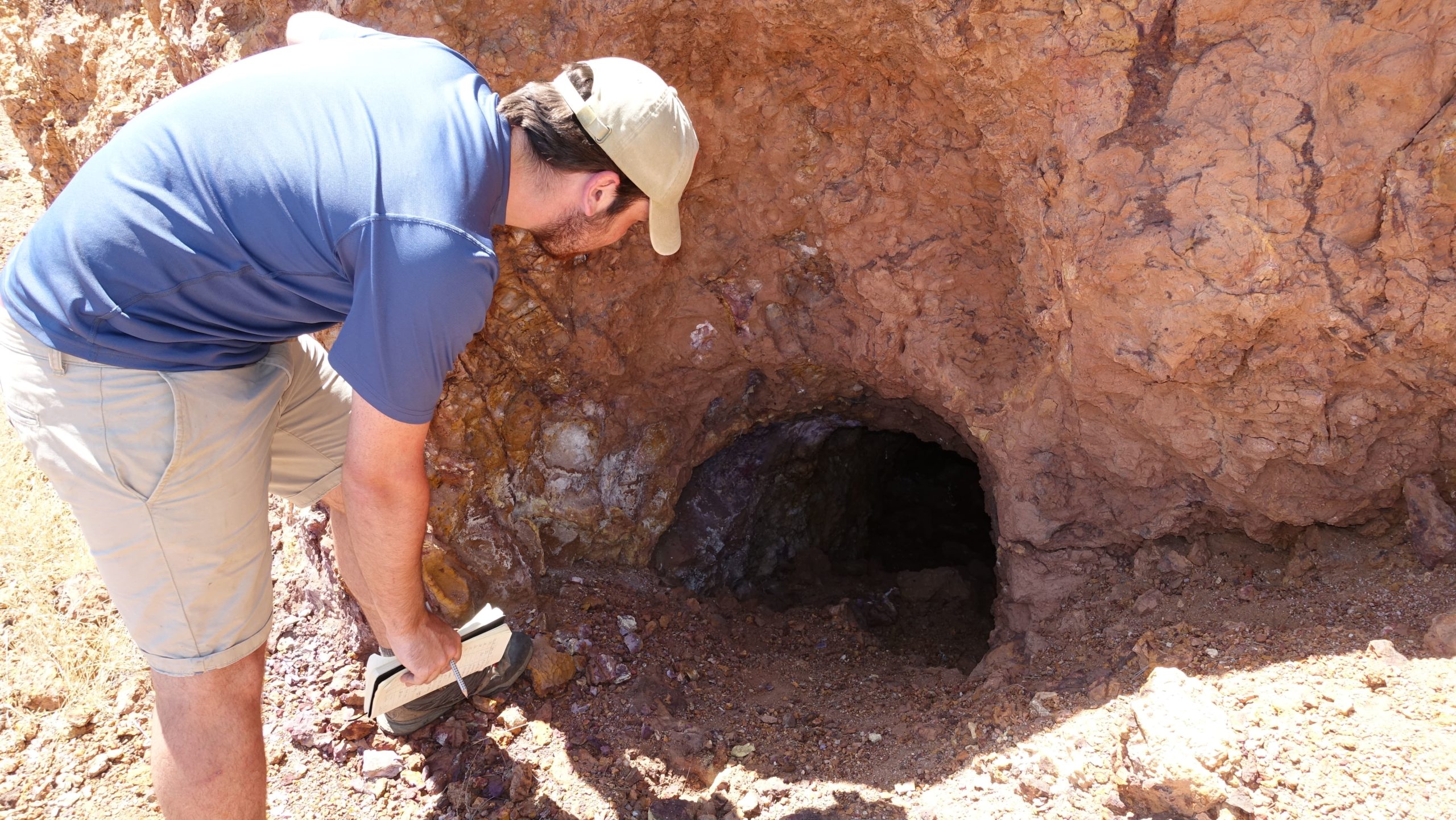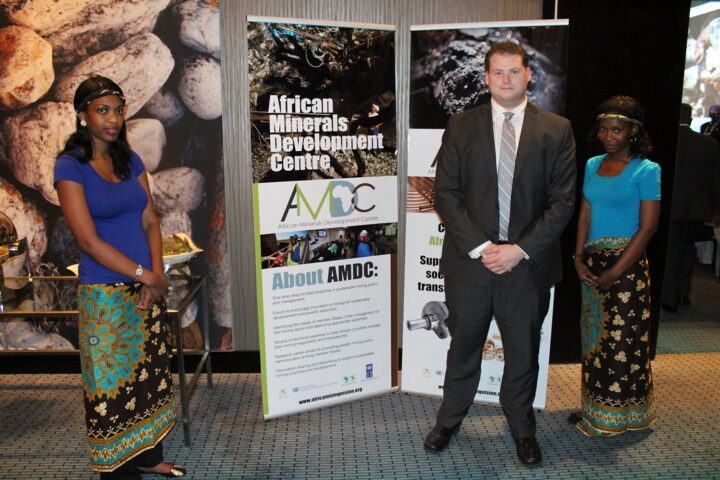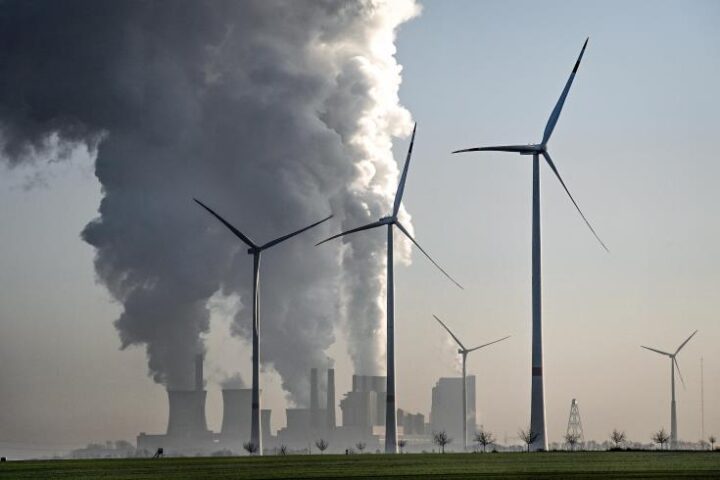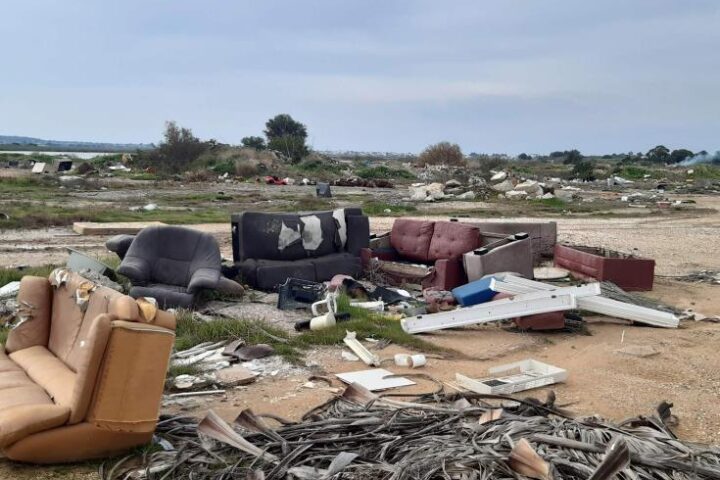New technology can enable the economic recovery of important metals from mining waste created decades ago, improving resource efficiency, and contributing to CO2 reduction while facilitating the rehabilitation of abandoned mine sites across Cyprus.
Cyprus has a mining history of at least five thousand years, which has historically generated over US$10bn in today’s prices.
It also has a rich aggregates production history with its 25 quarries known for their high-quality diabase, limestone, and other mineral products.
As a result, the island has been left with many waste sites, presenting us with an opportunity for holistic restoration and recovery.
Among other benefits, a holistic approach can contribute to the recovery of metals and useful materials from mine tailings and waste, which could help meet increased demand, reuse valuable resources, raise the value of otherwise unused materials, eradicating environmental hazards, and recultivate the land.
The Geological Survey Department has identified at least 11 areas where state-of-the-art technologies could enable the economic recovery of metals and rehabilitate sites to modern verifiable standards.
These “anthropogenic” deposits are Venus Mineral’s next target, given that replacing primary with secondary metals would allow for CO2 savings ranging between 29% and 96% and improve resource efficiency.
For instance, at its Magellan project (Kokkinoyia, Klirou and New Sha areas in the northeastern foothills of Troodos), Venus Minerals plans to recover valuable metals from mining waste created during the 19th century.
The Kokkinoyia dumps host at least 300,000 tonnes of material, with tests showing that their average content is equivalent to higher-grade copper found at the Apliki mine.
This material could be treated locally or transported safely or processed to the installations at Apliki.
In the Mavrovouni area, it was estimated that 7 million tonnes of material had accumulated in tailing ponds and waste dumps, according to research carried out in 2003.
Today it is not sufficient or acceptable to extract only one particular, perhaps critical, element that is present as a minor metal (has low concentration) or in a complex mixture from these sites; instead, we can now aim to recover other target metals and materials which can be applied to a much wider range of uses.
The resources should therefore be appraised to determine their composition whenever possible.
Clearing historical mining waste can also free and clean land used for recreational and outdoor activities, industrial, or urban redevelopment, including commercial activities.
A distinct area where all the above could be realised is the Terra Banensium of Mitsero-Agrokipia.
Venus Minerals is prepared to work with all parties involved, to clean up as many abandoned mines as possible through the recovery of metals and other useful materials, reclaiming otherwise lost land that could be used for other purposes.
By Demetrios C. Constantinides, Economic Geologist and Board Member of Venus Minerals (Cyprus)










